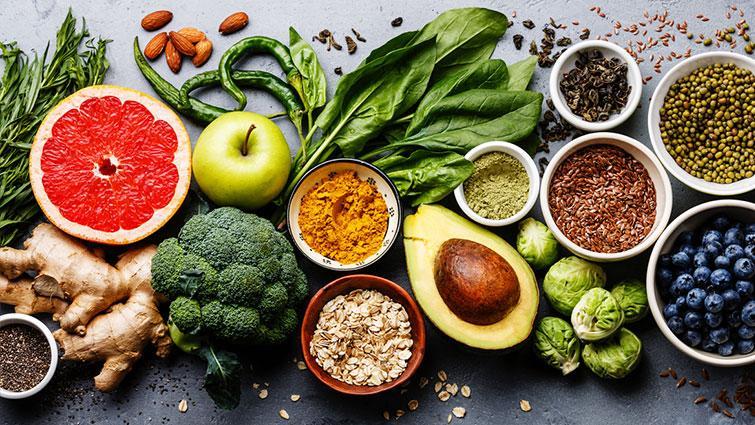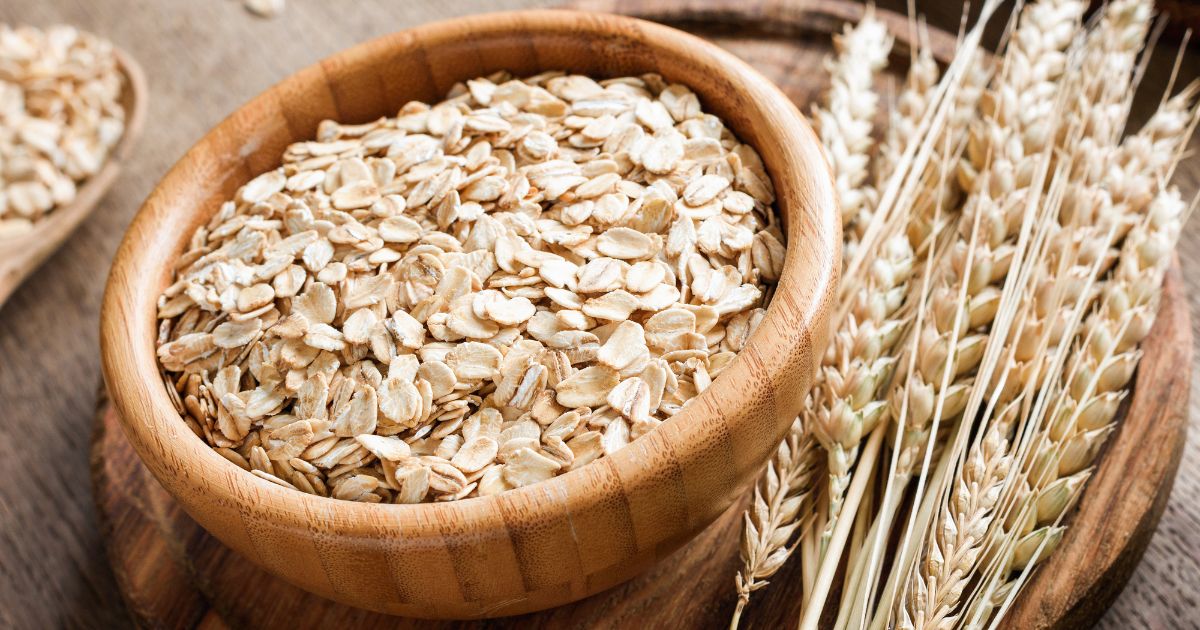Adenoma prostate, commonly known as benign prostatic hyperplasia (BPH), is a condition in which the prostate gland enlarges, causing various urinary symptoms. While medical treatments exist, adopting a healthy diet can play a crucial role in managing symptoms and promoting overall prostate health. This article will explore the foods to include and avoid in an adenoma prostate diet, offering simple yet effective guidance for those seeking to alleviate symptoms through dietary choices.
Maintaining a healthy prostate is a crucial aspect of overall well-being for men, and diet plays a pivotal role in supporting prostate health. By incorporating a variety of nutrient-rich foods and avoiding certain dietary culprits, individuals can take proactive steps towards preventing prostate issues. In this comprehensive guide, we will explore a diverse range of prostate-friendly foods, categorized for their specific benefits, while also highlighting foods to avoid for optimal prostate health.
Fruits and Vegetables
Berries
Berries such as blueberries, strawberries, and raspberries are rich in antioxidants. These compounds play a vital role in reducing inflammation, a key factor in maintaining a healthy prostate.
Cruciferous Vegetables
Broccoli, cauliflower, and Brussels sprouts contain protective compounds that may contribute to prostate health. Including these vegetables in your diet provides essential nutrients and potential benefits for the prostate.
Healthy Fats
Omega-3 Fatty Acids
Fatty fish like salmon and flaxseeds are excellent sources of omega-3 fatty acids. These fats have anti-inflammatory properties, which can positively impact prostate health and reduce the risk of inflammation-related issues.
Nuts and Seeds
Almonds, walnuts, chia seeds, and flax seeds offer a healthy dose of fats and essential nutrients. Incorporating these into your diet can contribute to overall prostate well-being.
Green Tea
Green Tea:
Rich in antioxidants, green tea, particularly catechins, has been associated with potential benefits for prostate health. Including green tea in your daily routine can be a refreshing and health-conscious choice.
Tomatoes:
Tomatoes:
Tomatoes contain lycopene, a potent antioxidant known for its potential to support prostate health. Cooking tomatoes enhances the bioavailability of lycopene, making it easier for the body to absorb.
Whole Grains:
Whole Grains:
Foods like brown rice, whole wheat, and oats are rich in fiber, promoting digestive health. A healthy digestive system can contribute to a lower risk of prostate issues.
Lean Proteins:
Lean Proteins:
Opting for lean protein sources such as poultry, tofu, and fish over red and processed meats supports overall health and reduces the risk of prostate-related problems.
Foods to Avoid
Red and Processed Meats:
High consumption of red and processed meats has been linked to an increased risk of prostate issues. Limiting their intake and choosing leaner protein alternatives is advisable.
Dairy Products:
High intake of dairy, especially full-fat dairy, may be associated with an elevated risk of prostate problems. Consider opting for alternatives like almond or soy milk.
Caffeine and Alcohol:
Both caffeine and alcohol can irritate the bladder, worsening urinary symptoms. Managing and limiting their intake can contribute to better prostate health.
Spicy Foods:
Spicy foods may irritate the bladder and worsen urinary symptoms. Reducing the intake of spicy dishes can be beneficial for prostate health.
High-Sodium Foods:
Excessive salt intake can lead to water retention and exacerbate urinary difficulties. Choosing low-sodium alternatives supports prostate health.
Sugary Foods and Beverages:
High sugar intake may contribute to inflammation, which can impact prostate health. Choosing whole fruits and opting for water or herbal teas over sugary drinks is advisable.
Conclusion
Incorporating a balanced and prostate-friendly diet is a valuable component of managing adenoma prostate symptoms. Emphasizing fruits, vegetables, healthy fats, and lean proteins while limiting red meats, dairy, and irritants like caffeine and alcohol can be a proactive step towards better prostate health. However, it is essential to consult with a healthcare professional for personalized advice and to ensure that dietary changes align with overall health goals. Remember, a healthy lifestyle, including regular exercise and proper hydration, complements a well-balanced diet in promoting overall well-being. Taking these steps can contribute to a healthier, more proactive approach to prostate health.




